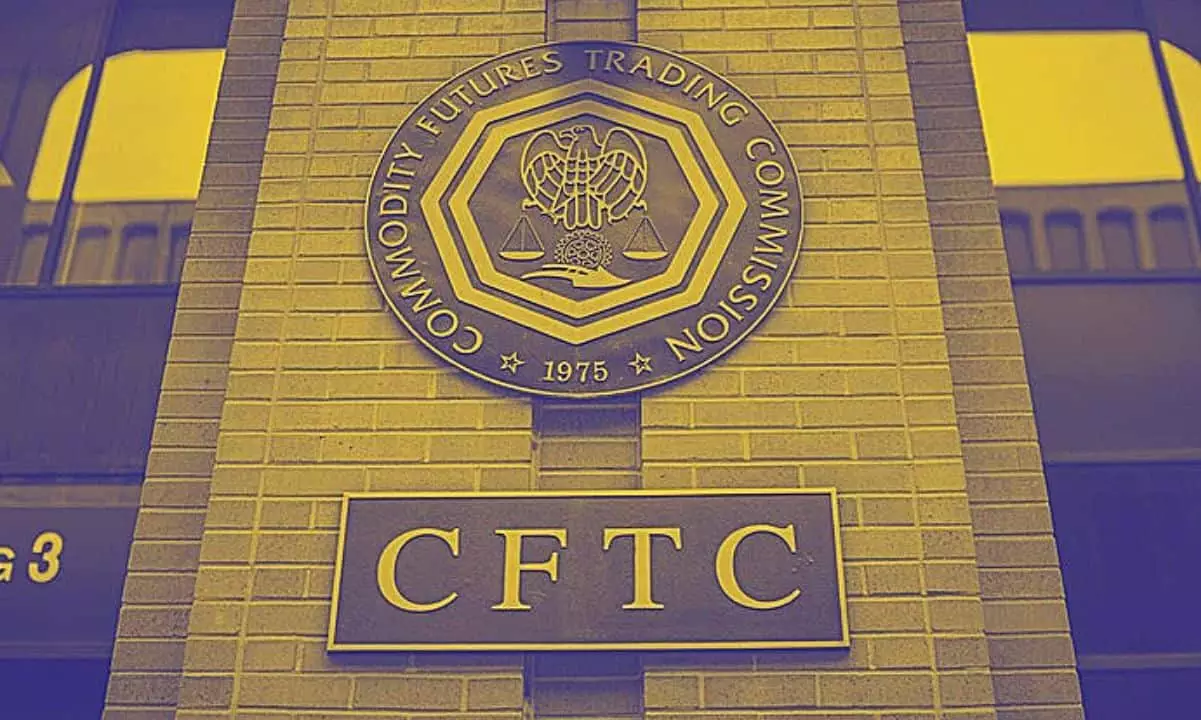In a noteworthy change in leadership, the Commodity Futures Trading Commission (CFTC) has seen Caroline Pham stepping into a transformative role as Acting Chair, with her recent appointment of Harry Jung as Acting Chief of Staff. This strategic move is designed to guide the agency through the complexities of navigating the burgeoning landscape of cryptocurrency and digital assets. Jung’s background, which includes his tenure as Pham’s Counselor and Senior Policy Advisor, as well as his experience at Citigroup, positions him as a figure capable of steering CFTC’s regulatory framework amid rapid technological advancements in finance.
Pham’s involvement with digital assets has gained traction since day one. She has spearheaded several initiatives aimed at modernizing the CFTC’s approach to digital markets. The creation of the Digital Asset Markets subcommittee is just one of her ambitious projects, aiming to provide clearer regulatory guidance in a space often characterized by uncertainty. Furthermore, her recent proposal for a regulatory sandbox could potentially allow the CFTC to innovate in its oversight of emerging technologies. Such measures reflect a proactive stance in not merely reacting to the fast-paced changes in the market but also shaping them.
The leadership shakeup comes on the heels of Rostin Behnam’s impending departure, set for February 7th, after his impactful four-year tenure advocating for stringent oversight over digital currencies. Behnam’s leadership notably included significant enforcement actions, including a landmark $2.7 billion settlement with Binance, illustrating a commitment to maintaining fairness in a rapidly evolving financial landscape. In this context, the announcement that former CFTC Commissioner Brian Quintenz is a frontrunner for Behnam’s permanent role adds an additional layer of intrigue. Quintenz is expected to bring a balanced perspective that may influence how the CFTC regulates cryptocurrencies moving forward.
At the same time, changes are occurring across the broader regulatory environment, particularly at the U.S. Securities and Exchange Commission (SEC), where Mark Uyeda has taken over as Acting Chair. His appointment, following Gary Gensler’s departure, brings to light ongoing debates surrounding regulatory approaches to cryptocurrency. Uyeda’s history of advocating for leniency toward non-fraudulent crypto firms suggests a potential pivot in enforcement strategies, which could significantly influence how entities within the crypto ecosystem operate.
As the leadership at the CFTC and SEC undergoes these fundamental shifts, the broader implications for the regulatory environment become increasingly complex. With President Trump’s nominations and interim appointees signaling a possible departure from previous stances, stakeholders must remain vigilant. Regulatory frameworks governing digital assets could see an era of flexibility, fostering innovation while also maintaining necessary oversight. As new leaders with varied approaches to cryptocurrency emerge, the landscape is poised for both challenge and opportunity. The actions taken by these agencies in the coming months will undoubtedly dictate the operational rhythm for firms engaged in the evolving digital asset space.















